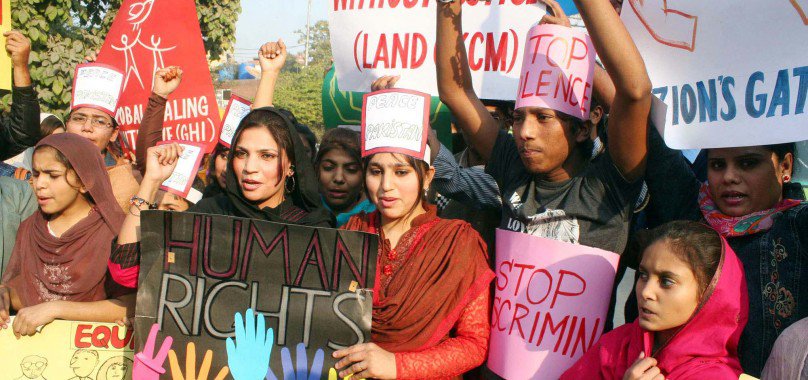
Every so often a thing comes to pass that is of such astounding importance that we must stand up and recognize it. We must place this thing on the pedestal it deserves, and ensure that the precepts and policies put in place by it are adhered to, appreciated, and spread as far as the human voice will carry. Such is the sort of message sent by Human Rights Day.
History of Human Rights Day
Human Rights Day was established in 1948, and ever since that auspicious day it has stood as the first major stride forward in ensuring that the rights of every human across the globe are protected. From the most basic human needs such as food, shelter, and water, all the way up to access to free and uncensored information, such has been the goals and ambitions laid out that day.
The Universal Declaration of Human Rights (UDHR) was a shout across the world by the leading countries in the world, stating loud and clear that no matter where we live, what we believe, or how we love, we are each individually deserving of the most basic fundaments of human needs. Every year Human Rights Day marks conferences around the world dedicated to ensuring that these ideals are pursued, and that the basic Human Rights of every person is made a priority in the global the basic Human Rights of every person is made a priority in the global theater.
Source: Text & Image: Days of the Year
 Fifth World AIDS Orphans Day: Tens of “Circles of Hope” are created worldwide by young people to remind governments of the objectives set in 2001, when they signed the United Nations Declaration of Commitment on HIV/AIDS.
Fifth World AIDS Orphans Day: Tens of “Circles of Hope” are created worldwide by young people to remind governments of the objectives set in 2001, when they signed the United Nations Declaration of Commitment on HIV/AIDS.